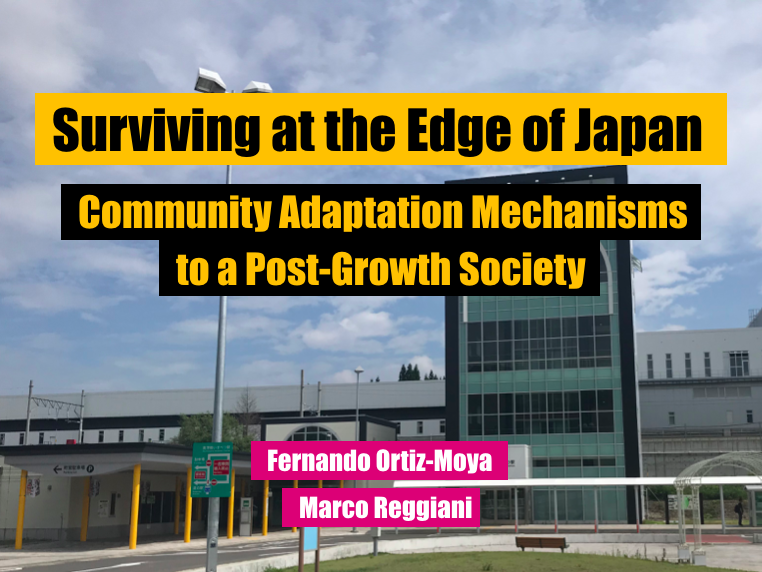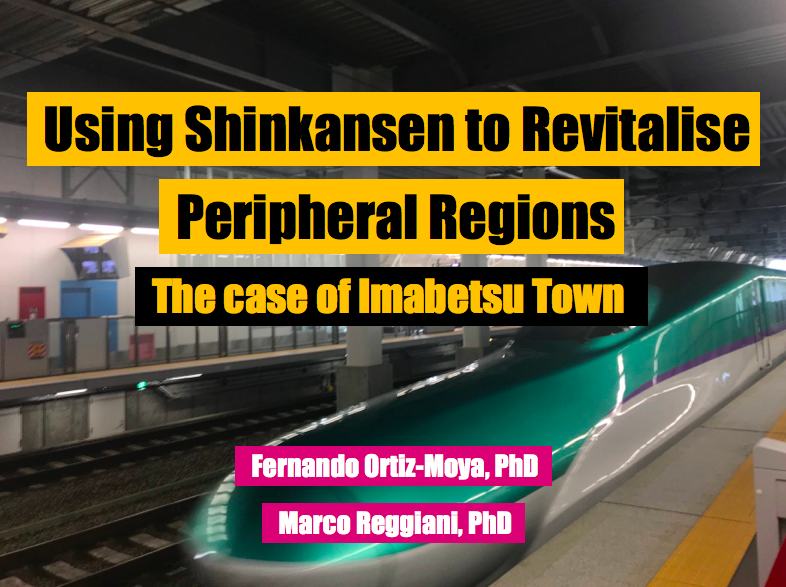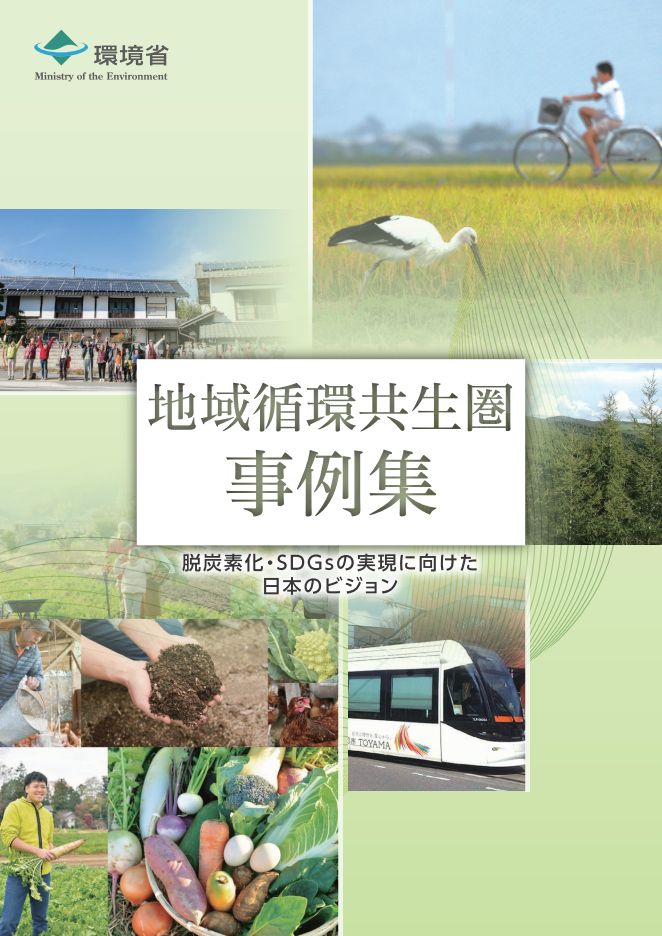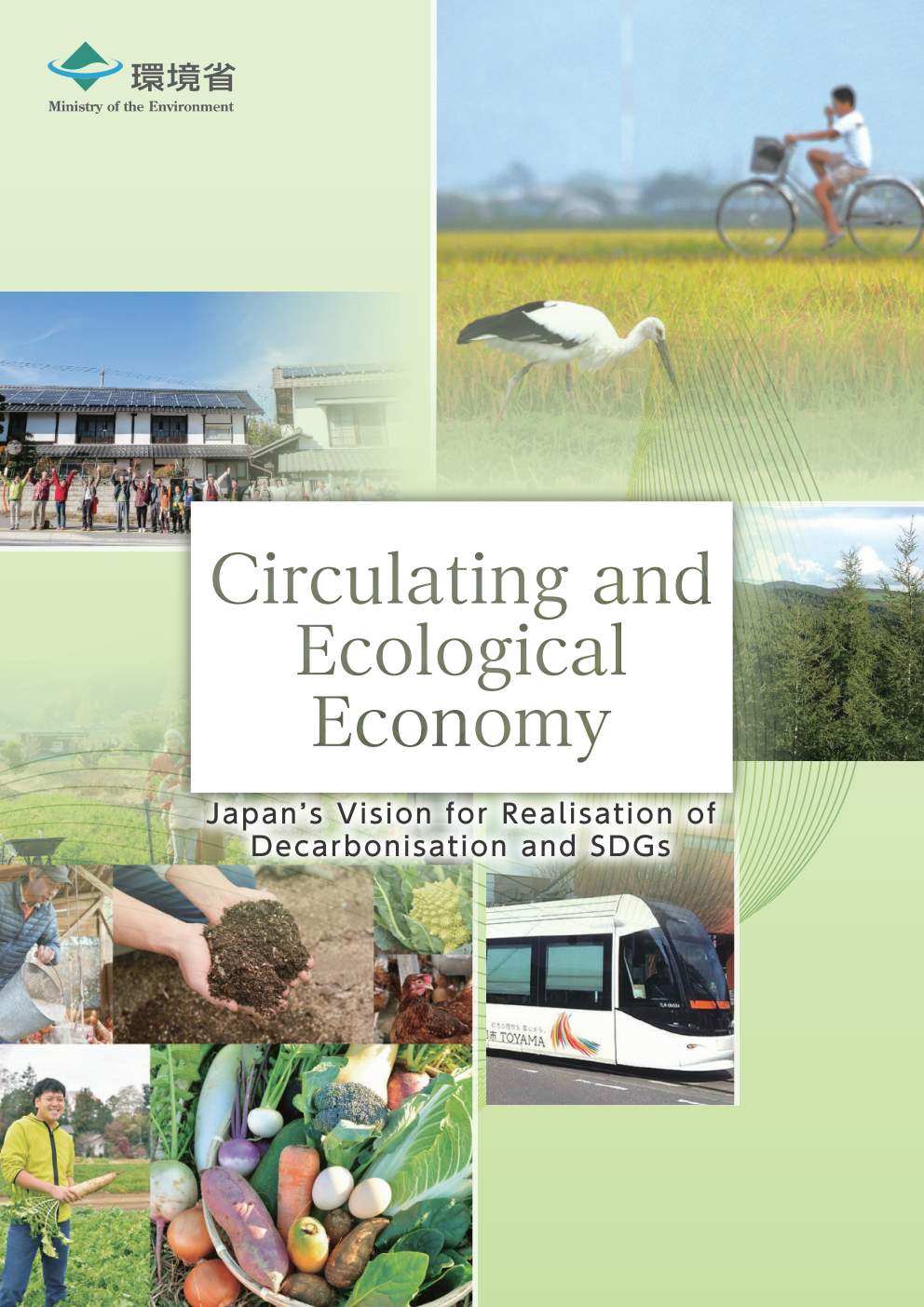In Forest Policy and Economics
This article examines the REDD+ engagement types preferred by Japanese private firms at the project level including their motivation and rationale for the engagement and explores the challenges and opportunities in relation to their participation. We analyzed 148 responses to a survey questionnaire mailed to participants across Japan and the...





